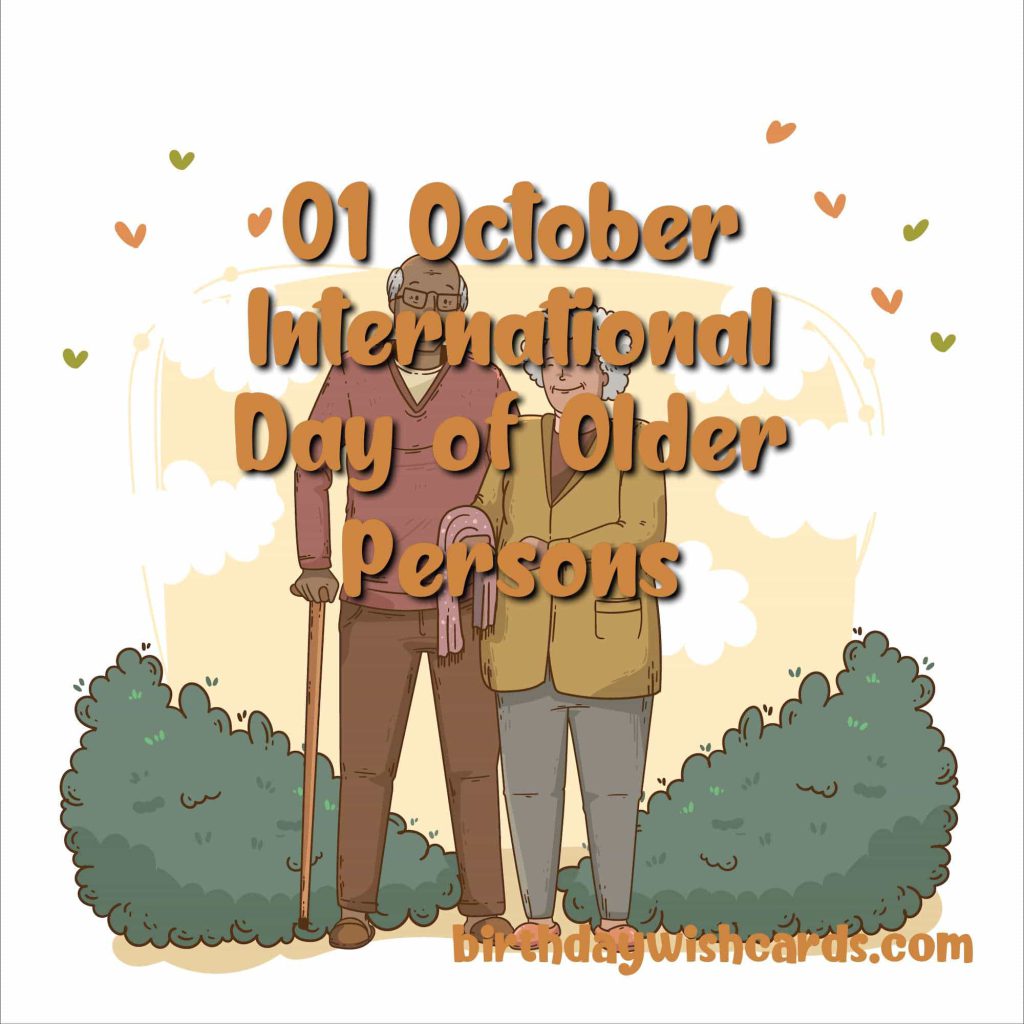
01-Oct International Day of Older Persons
Purpose of the International Day of Older Persons
On December 14, 1990, the United Nations General Assembly designated October 1 as the International Day of Older Persons. First observed in 1991, this annual event recognizes the invaluable contributions of older adults and highlights the issues affecting their lives. The primary aim is to express gratitude for the dedication, wisdom, and love that elders bring to their families and communities. By setting aside this day, societies are encouraged to appreciate, support, and honor their older members.
Theme of the Day 2020
The theme for the 2020 International Day of Older Persons was “Pandemics: Do They Change How We Address Age and Ageing?” This theme emphasized the impact of global health crises on older populations and the need to rethink how society approaches aging and elder care. The day serves as an opportunity to celebrate and recognize the ongoing contributions of older adults to society.
Definitions of “old age” vary—biologically, demographically, socially, and economically—but for statistical and policy purposes, it is typically classified as 60 or 65 years and above. According to the United Nations Department of Economic and Social Affairs, there were 703 million people aged 65 or older worldwide in 2019. This number is projected to more than double, reaching at least 1.5 billion by 2050. The global proportion of people aged 65 or over has risen from 6% in 1990 to 9% in 2019, reflecting a rapidly aging population.
How to Celebrate the International Day of Older Persons
Celebrating the International Day of Older Persons provides a meaningful opportunity to connect with and support the elderly in our communities. Consider these thoughtful ways to observe the day:
- Spend quality time with elderly loved ones to show appreciation and strengthen relationships.
- Visit local nursing homes or senior care facilities to bring joy and companionship to residents.
- Take advantage of special discounts and offers often available to senior citizens on this day.
- Start a family history project to document stories, traditions, and memories from older family members.
- Volunteer with organizations or initiatives that support the wellbeing of older adults.
- Host a gathering or luncheon to celebrate and honor elders in your community or family.

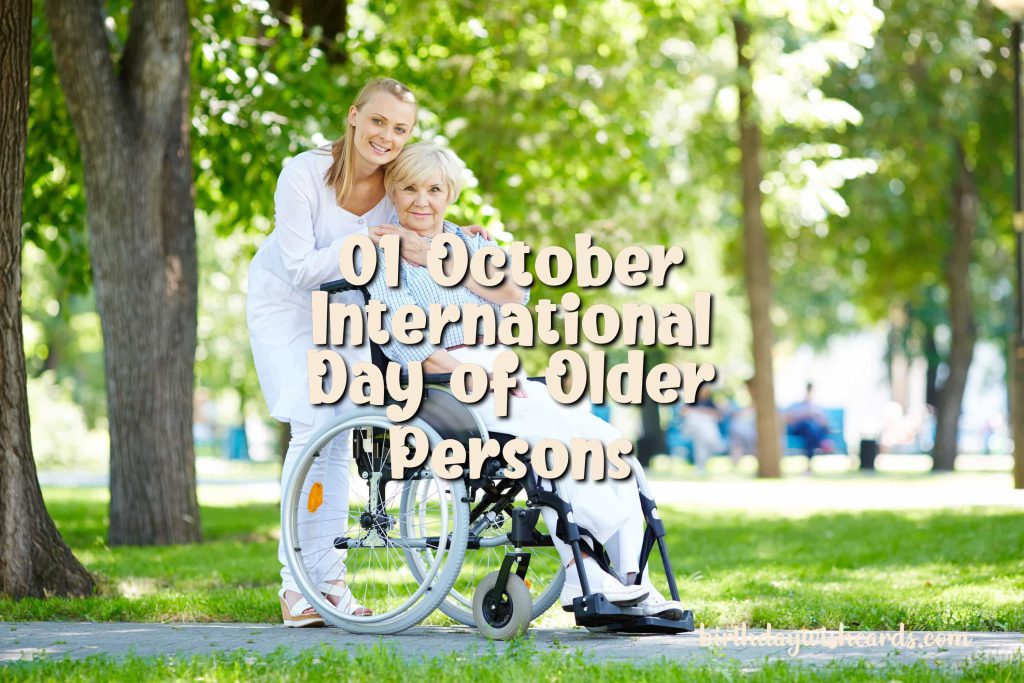
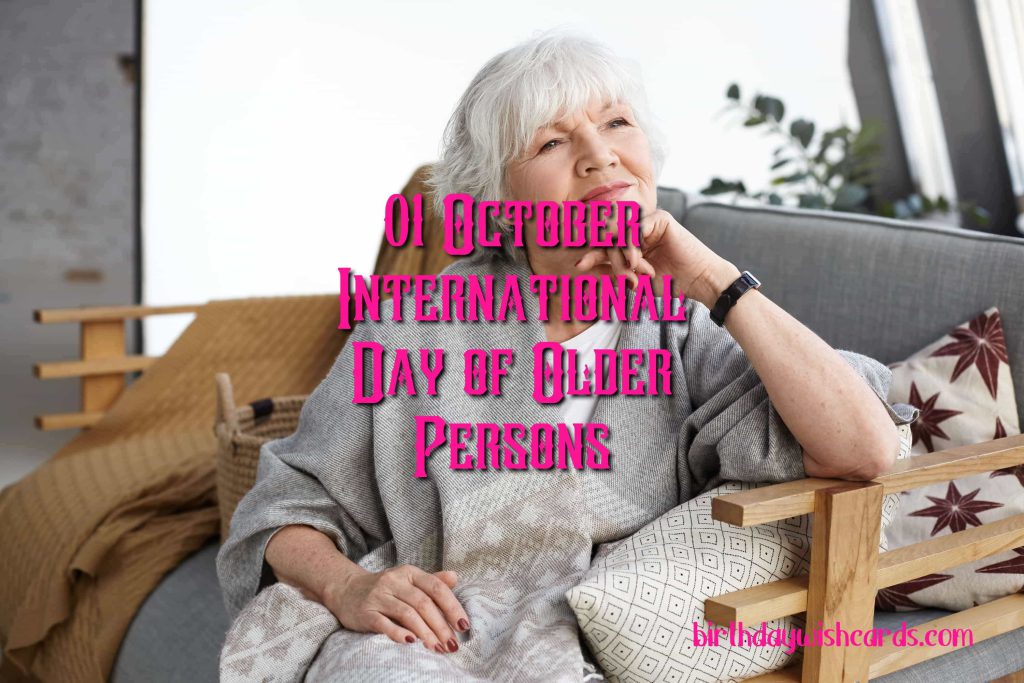
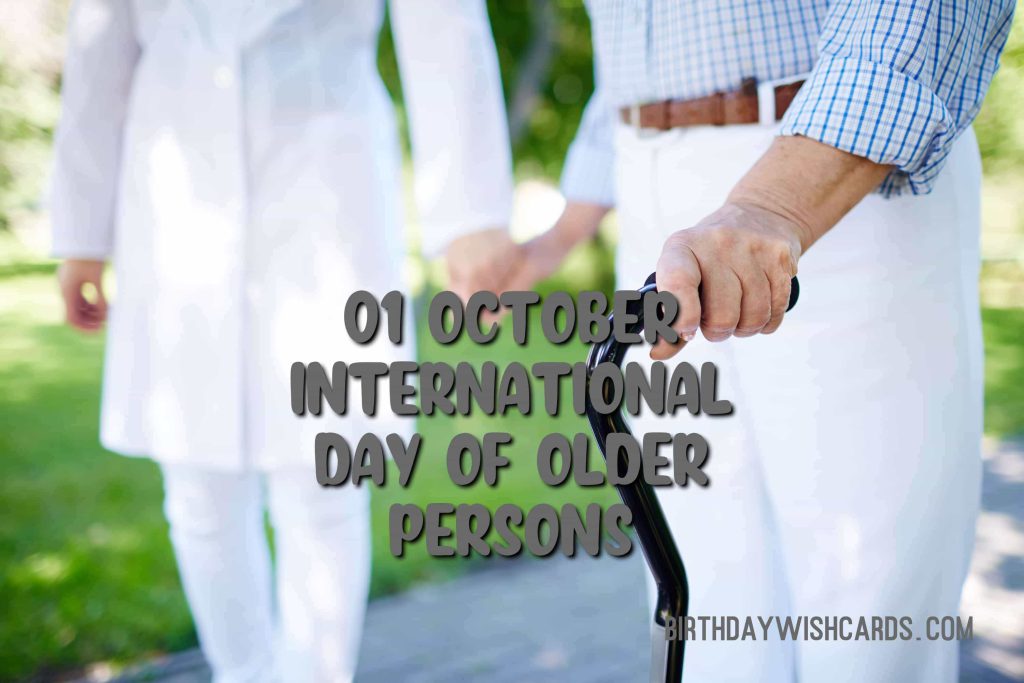
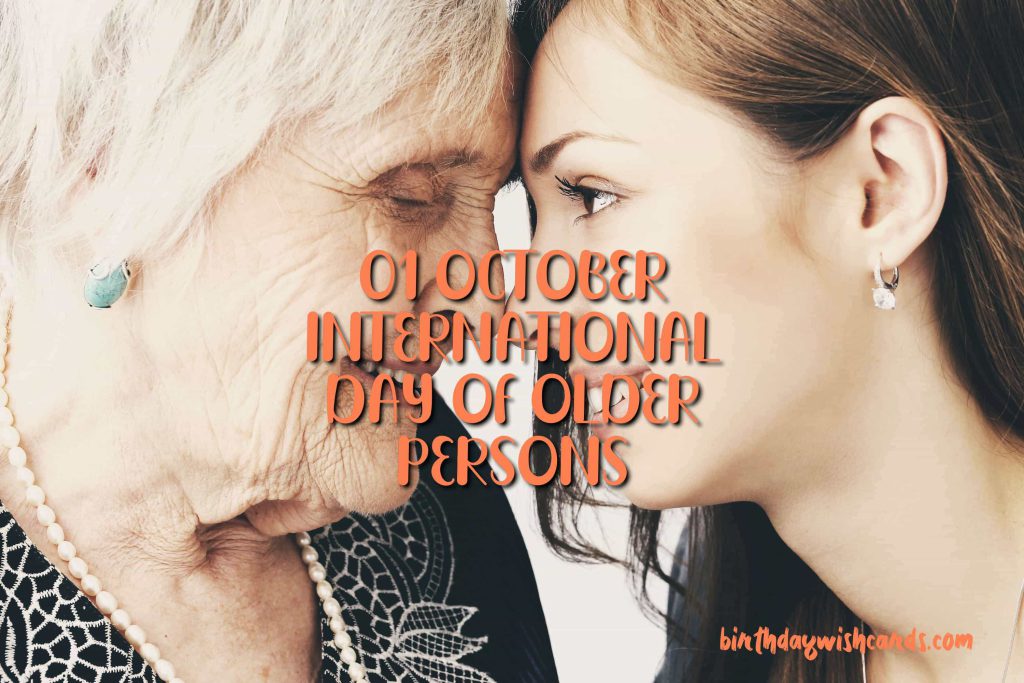
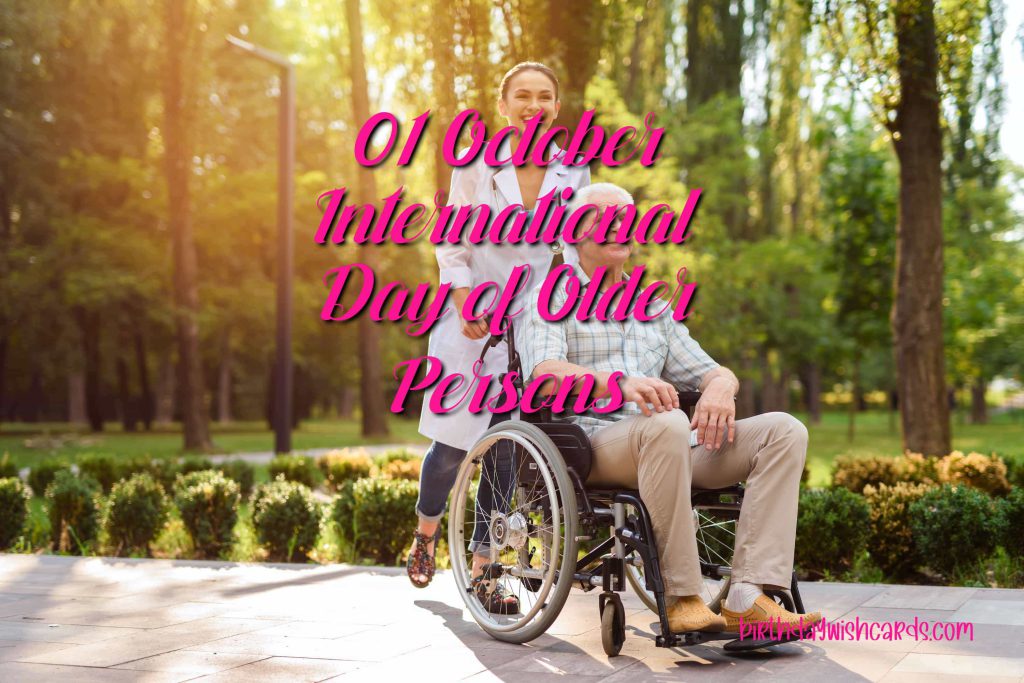
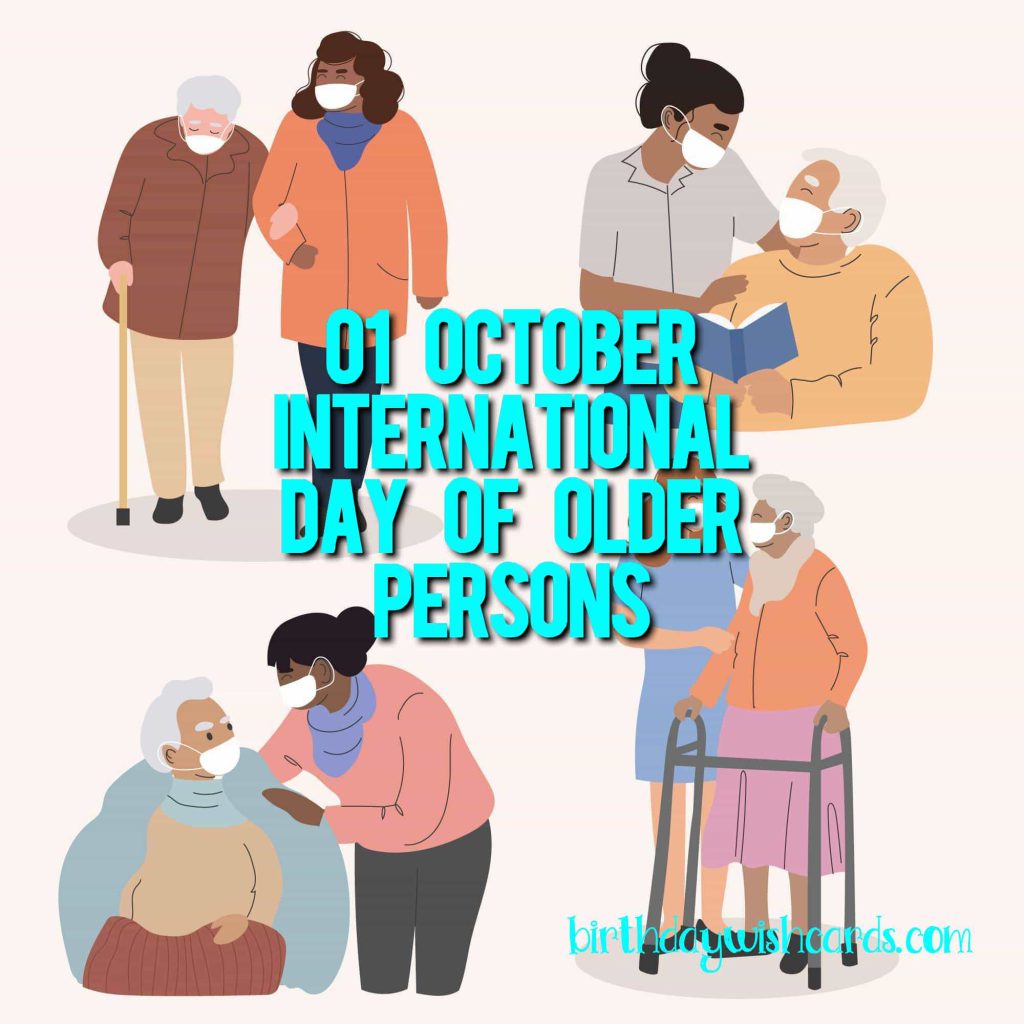
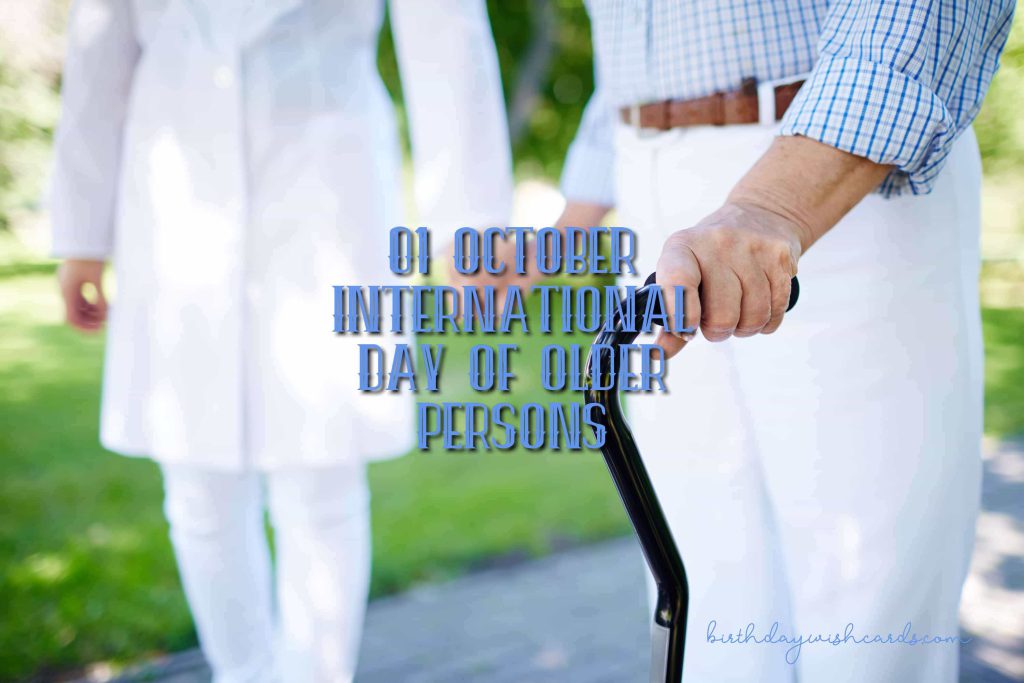
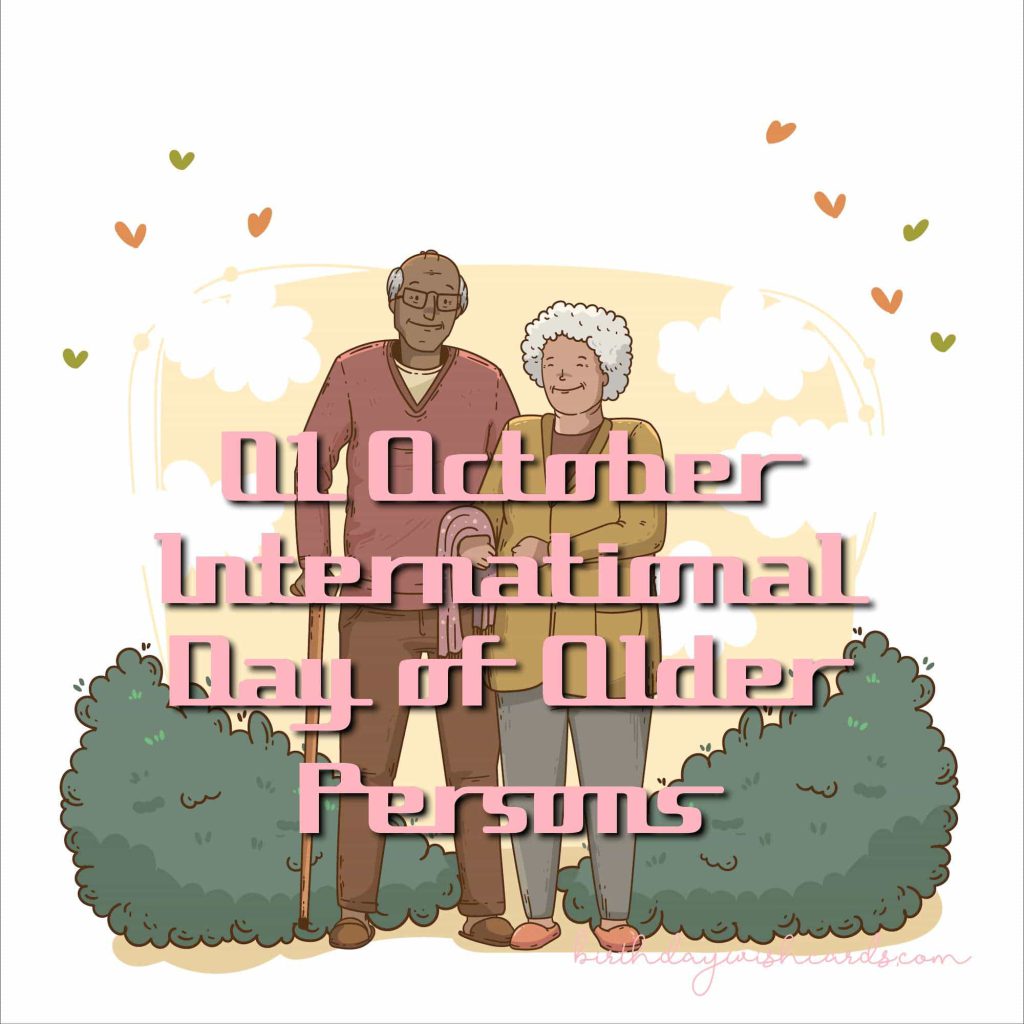
Understanding the Importance of Supporting Older Persons
As the global population ages, addressing both the challenges and opportunities of aging becomes increasingly important. Older adults enrich society through their experience, wisdom, and engagement in family and community life. Supporting their health, dignity, and inclusion benefits not only older individuals but also the broader community.
Efforts to enhance the quality of life for older persons include promoting accessible healthcare, social inclusion, and economic security. According to the World Health Organization, healthy aging involves creating environments and opportunities that enable older people to live active, meaningful lives while maintaining autonomy and independence.
Key Challenges Facing Older Adults
Despite their many contributions, older adults often face significant challenges, including:
- Health Issues: Chronic diseases and disabilities become more common with age, requiring ongoing medical care and support.
- Social Isolation: Many older adults experience loneliness, especially if they live alone or have limited social networks.
- Economic Insecurity: Retirement can bring financial difficulties, particularly for those without sufficient pensions or savings.
- Ageism: Discrimination based on age can limit access to services, employment, and social participation.
Addressing these challenges requires coordinated efforts from governments, communities, and families to create inclusive policies and supportive environments where older persons can thrive.
Promoting Intergenerational Solidarity
Intergenerational solidarity is essential for a healthy, cohesive society. It fosters respect, understanding, and cooperation among all age groups. The International Day of Older Persons is an ideal occasion to promote this solidarity by:
- Encouraging young people to learn from the experiences and knowledge of older generations.
- Supporting programs that connect youth and elders through education, culture, and community service.
- Promoting positive attitudes toward aging and challenging stereotypes.
Conclusion
The International Day of Older Persons serves as a meaningful reminder of the value and dignity of older adults worldwide. By recognizing their contributions and addressing the challenges they face, we can build more inclusive, respectful, and supportive communities. Whether by spending time with elders, volunteering, or advocating for policies that promote healthy aging, everyone can play a part in honoring older persons—not just on October 1, but every day of the year.



